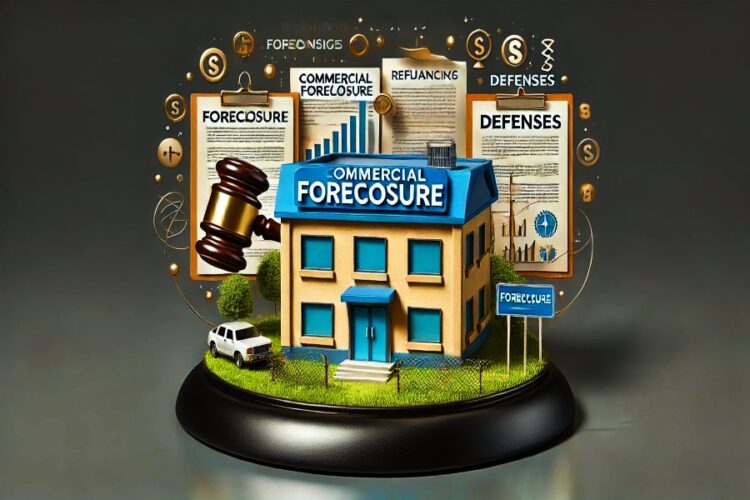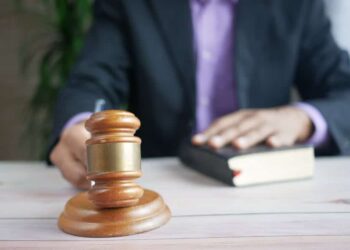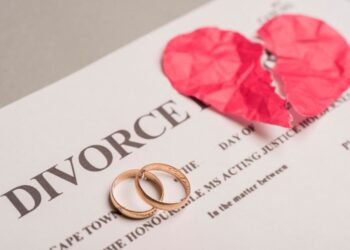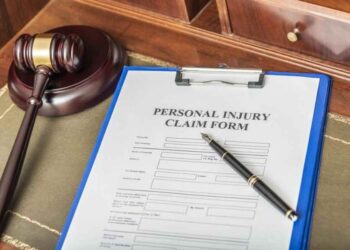Commercial foreclosure is a situation where the owner of a commercial property fails to make mortgage payments, prompting the lender to sell the property to pay off the loan. This process can be nonjudicial (out-of-court) or judicial (through the court system) depending on state laws and loan terms. It is very important for those facing commercial foreclosure to have a substantial commercial foreclosure defense and an understanding of the legal intricacies it entails.
Consequences Of Commercial Foreclosure
Property owners as well as lenders suffer extensively due to commercial foreclosure. By working with lenders, guiding owners through legal processes and exploring alternative dispute resolution methods, lawyers minimize negative effects associated with commercial foreclosures if engaged early enough into negotiations.
The owner loses ownership rights, and possession passes into the hands of the lender, who then sells the property to recover any unpaid debt. In addition, this could worsen his financial position, making it difficult to get future credits and loans from other financial institutions.
If the foreclosure sale doesn’t cover the entire debt, the owner may still owe the remaining balance, leading to potential legal actions.
Disruption during operations could negatively impact employees, whereas low sale prices may cause loss to lenders. Costs related with maintenance are also likely to be incurred. Furthermore, this might adversely affect neighborhood appearances and real estate market conditions.
Alternatives To Commercial Foreclosure
When businesses face financial difficulties, there are alternatives that will mitigate harm caused by foreclosures. Here are some options:
Loan Modification: The lender can change loan provisions so that payment terms become affordable.
Forbearance: Temporary relief from payments could be agreed upon whereby business does not make any payment or pays lesser amounts within stipulated interval.
Refinancing: Existing loan can be discharged for better terms if the enterprise meets requirements.
Deed in Lieu of Foreclosure: As an alternative, businesses can voluntarily transfer property ownership to lenders and avoid foreclosure.
Short Sale: A firm may sell a property for less than the total amount owed. Its sale proceeds would cover debt of the borrower as agreed upon.
Negotiate with Lender: Communicate with your lender; tell them what is happening and why; suggest solutions that will work for both of you.
Defenses Against Commercial Foreclosure
When facing commercial foreclosure, there are several legal defenses that can help you to protect your interests. Getting advice from Loan Lawyers in Florida will help one make use of these defenses effectively. Here are some potential strategies:
- Procedural Errors: A lending institution’s failure to comply with state foreclosure procedural requirements can be used as a defense in court.
- Standing Defense: Challenge the legitimacy of the party initiating foreclosures by questioning their standing. If they do not have proof of who currently owns the loan, then it essentially weakens their case.
- Validity of Loan Documents: Read through loan agreements carefully. Inaccuracies or omissions may serve as defense.
- Breach of Contract: The lender breached terms specified under mortgage agreement or violated fairness principles during origination process
Commercial foreclosure is complex, often resulting in significant financial losses for both property owners and lenders. Understanding potential defenses is crucial. Early involvement of an attorney proves vital, while exploring other options is advisable. Furthermore, since each situation is unique, seeking tailored financial and legal guidance remains essential to safeguard personal interests during the handling of these challenges.










